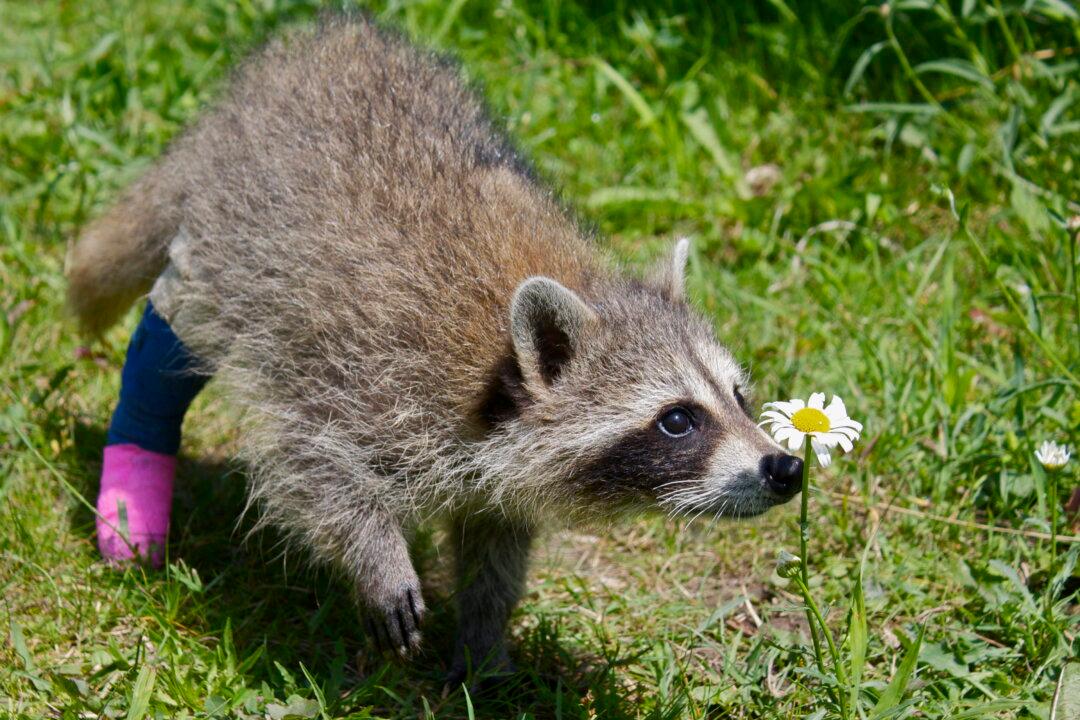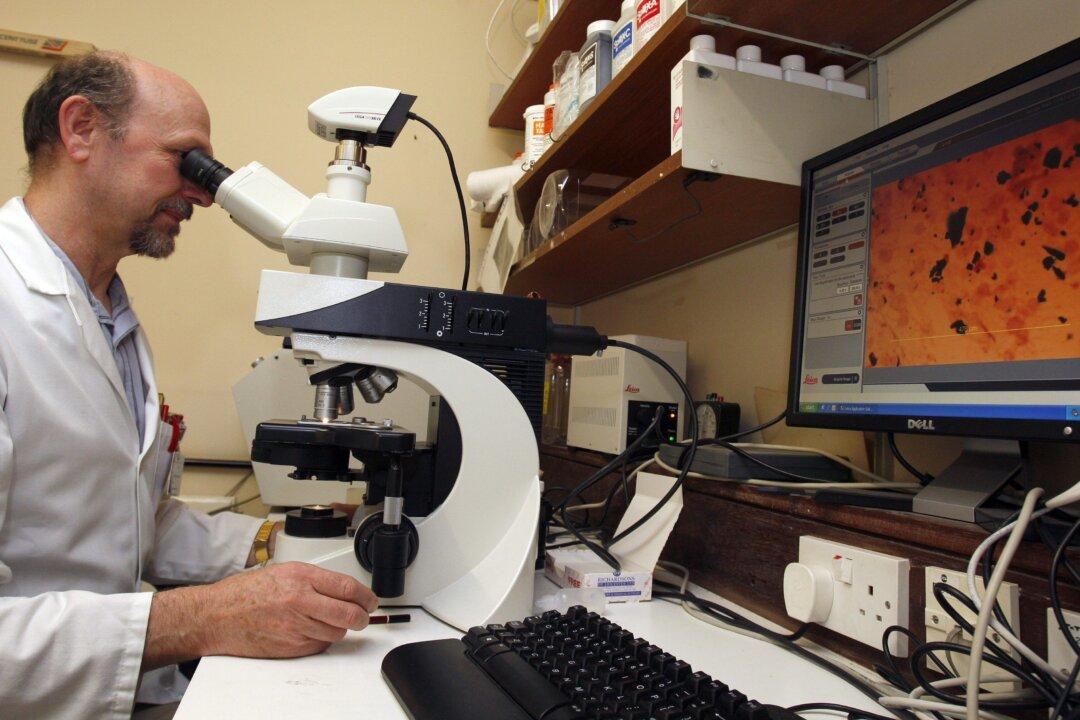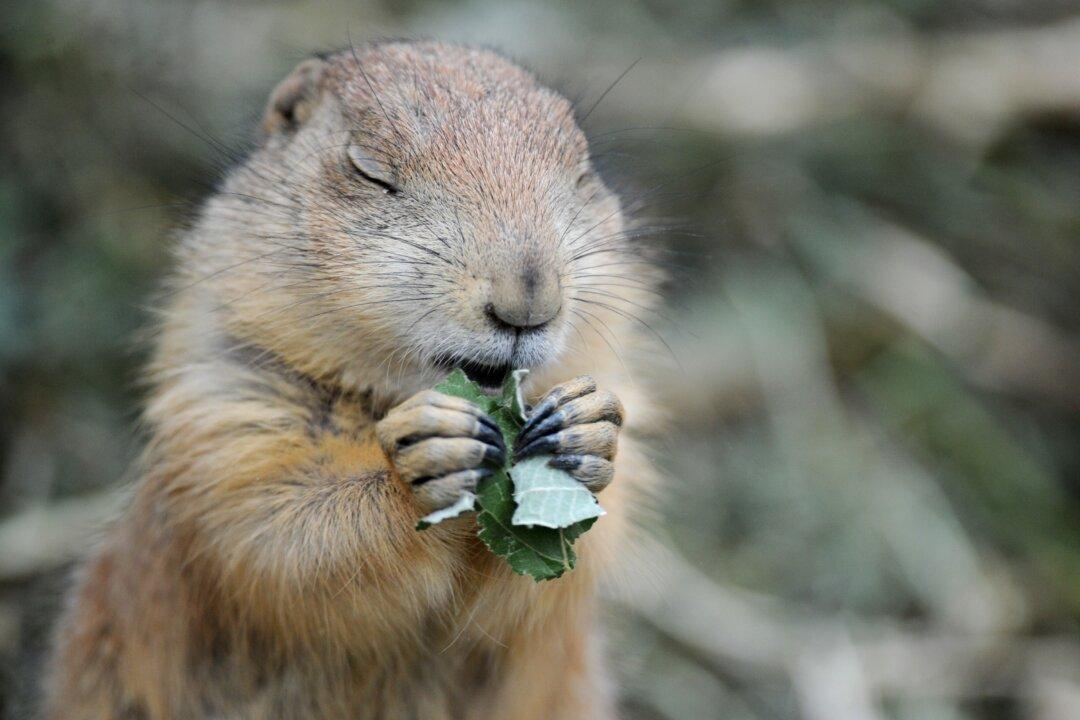“Red” arrived at the sanctuary howling in pain. The orphaned raccoon’s femur was snapped in two, and Sarah Beauregard, animal care coordinator at Ottawa’s Rideau Valley Wildlife Sanctuary, knew he would die without their help.
Red was one of thousands of wildlife injured or killed in Ottawa last year between spring and fall, the birthing season for many species. While some are hit by cars, others are harmed by off-leash pets and live traps, leaving orphans like Red to starve.
Until this spring, the Rideau Valley Wildlife Sanctuary (RVWS) was the only rehabilitator licensed to handle injured and orphaned small mammals and turtles in the Ottawa region. Since its founding in 2005, the weight of rehabilitating wildlife became heavier each year and in 2013 it reached its highest intake yet: 752 patients—a 33 percent increase from 2012.
According to David Bird, emeritus professor of wildlife biology at McGill University, the number of animals injured or killed through human interaction will continue to grow globally. This trend places increasing pressure on wildlife rehabilitators, most of whom rely completely on donations and volunteers to open their doors.
Increase in Human-Wildlife Conflicts
The City of Ottawa predicts 145,000 new homes may be needed by 2031 to accommodate its growing population. One-third will be built within Ottawa’s Greenbelt, a 203.5 square kilometre green space that houses many species, such as red foxes and snapping turtles.
Bird, who studied human-wildlife conflicts for 34 years, explains that when new homes are built in undeveloped areas animals like raccoons and skunks adapt by moving their dens from trees to someone’s barn or attic.
Meanwhile, a growing number of new species, like coyotes and deer, are leaving their natural habitats and moving into cities. A big reason behind this, Bird notes, is the abundance of food found in lawns, gardens, and garbage cans.
As more people come into contact with wildlife, Bird explains, more animals become injured or orphaned through car collisions or residents’ attempts to protect their homes. When setting up live traps, for instance, many harm the animal and create orphans by separating mothers from their young.
“It’s going to increase pressure on wildlife rehabilitators to expand their facilities,” Bird says.
The Ottawa-Carleton Wildlife Centre (OCWC) experienced this trend before closing its doors in 2002. For 14 years it was the only rehabilitator treating small mammals and turtles around Ottawa.
OCWC president Donna Debreuil saw patient intake increase to over 1,300 animals between 1999 and 2000, when development in areas like Nepean, Hunt Club, and Kanata skyrocketed.
“We could pinpoint where development was happening based on the increase in calls,” Debreuil says, adding that call volumes rose by 45 percent during the building boom.
‘We do the best we can’
To respond to the growing need, RVWS built new treatment rooms in 2013, raising possible intake from 480 to 720 animals.
The sanctuary does not receive any government funding. Rather, it relies completely on donors and volunteers to operate an annual budget of over $100,000 while caring for animals as varied as squirrels, foxes, coyotes, and fawns, as well as at-risk species like snapping turtles.
One of the animals it took in last year was “Henry,” a 40-kilogram snapping turtle hit by a car. The collision was so violent it left a foot-long crack in its carapace. Months later, Henry is still healing in a large tank in the sanctuary.
Even after expanding, the tiny facility was so overwhelmed by animals needing help it closed intake on rabbits.
“We only admit as many animals as we can care for,” says Michelle Harnett, the sanctuary’s rehabilitation manager. “We do the best we can.”
In these situations, Harnett directs callers to the Ottawa Humane Society (OHS). In cases where animals need rehabilitation, like very young orphans or injured animals, OHS’s only option is euthanasia.
“That’s the most humane course of action versus not being able to take care of them properly,” says Miriam Smith, manager of Rescue and Investigation Services, OHS’s branch taking calls about injured wildlife.
This spring Constance Creek Wildlife Refuge became the second wildlife rehabilitator for small mammals in Ottawa. Together, the two rehabilitators could help reduce the number of animals that are euthanized or left to die every year.
Despite the difficulties, Harnett and Beauregard believe success stories like those of Henry and Red make their hard work pay off.
After months of treatment that involved a cast, anti-inflammatory medications, and daily physiotherapy, the facility released Red last fall.
“I was sobbing when we were about to release him,” says Beauregard, who grew attached to the young raccoon. “But that’s why we do this, we get them well enough so they go back to the wild.”
What You Can Do
RVWS affirms the public can help decrease the amount of animals needing care in many ways. For instance, they should investigate whether a young animal is actually orphaned before picking it up.
Debreuil adds that another major way residents create orphans is by removing animals from their attics or chimneys during the birthing season. This scares the mom away and often leaves babies for people to deal with. Rather, she suggests giving the animals a three- to six-week grace period that will allow the young to wean and leave the area on their own.
Rehabilitators also warn the public to never attempt caring for wildlife, noting that even feeding the animal the wrong thing can harm or kill it.
If you come upon an animal that might be injured or orphaned, or if wildlife has invaded your home, they suggest visiting reputable websites or calling a rehabilitator, local veterinarian, municipal authority, or environmental organization in your area for more information.
Who to Contact (in Ottawa Region)
- Small mammals and turtles
Rideau Valley Wildlife Sanctuary
613-258-9480
rideauwildlife.org - Birds
Wild Bird Care Centre
613-828-2849
wildbirdcarecentre.org - Bats
Bat Check, Kingston
613-387-2475 - After hours (until 1am), except large mammals
Ottawa Humane Society
613-725-1532
ottawahumane.ca/protection/wildlifeissues.cfm - Large mammals and after hours
City of Ottawa
3-1-1
613-236-1222 - Constance Creek Wildlife Refuge
613-558-4628
ccwr.ca - Humane Wildlife Removal (Eastern Canada)
Skeddadle Humane Wildlife Control
1-888-592-0387
skedaddlewildlife.com - For More Information
Ottawa-Carleton Wildlife Centre
wildlifeinfo.ca - Orphaned Wildlife Care
orphanedwildlifecare.com - Ontario SPCA
Wildlife Fact Sheets
Angelica Meira Costa is an Ottawa-based writer with a passion for wildlife and justice issues.
A mother squirrel relocates her young to another den site after being evicted from a home by Skeddadle Humane Wildlife Control. (Skeddadle Humane Wildlife Control)



